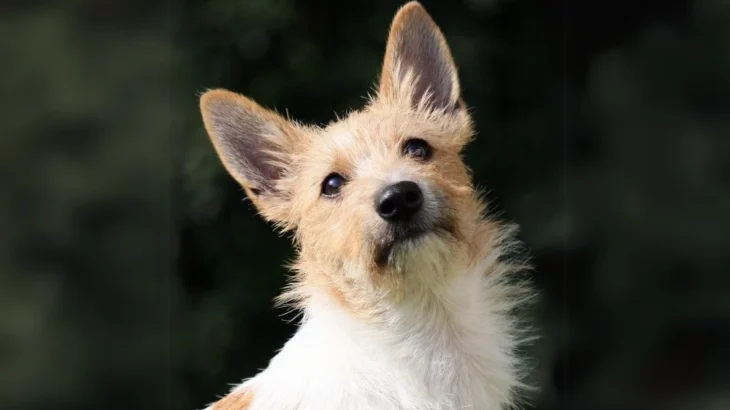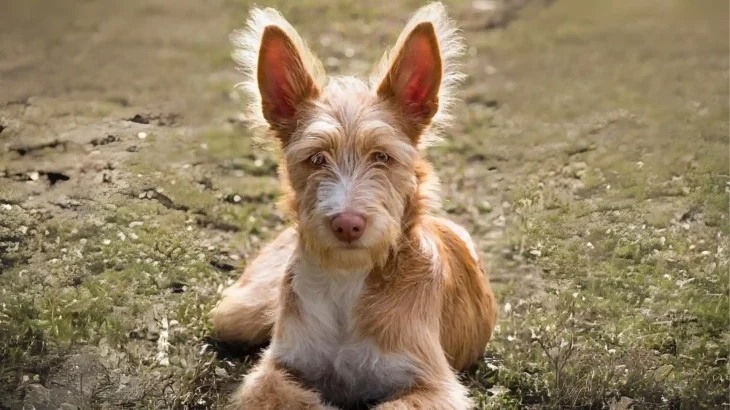Deciding between adopting or purchasing a Portuguese Hound puppy largely comes down to your preferences regarding health transparency, cost, and support. Buying from a reputable breeder often means clearer insights into the puppy's lineage and health, while adoption can offer a rewarding chance to save a dog in need, sometimes at a lower cost.
Adoption vs. Breeder: Pros & Cons
| Criteria | Buying from Breeder | Adopting from Shelter/Rescue |
|---|---|---|
| Cost | Generally higher initial expense for purebred Portuguese Hounds due to breeding and lineage. | Lower adoption fees, making it more budget-friendly though Portuguese Hounds may be less common in shelters. |
| Health History | Breeders typically provide detailed health records and screenings reducing risk of surprises. | Health background may be less complete, but many shelters provide veterinary checks before adoption. |
| Age Availability | Mostly puppies, allowing you to raise the hound from an early age familiar with breed traits. | Varies; dogs may be puppies, adults, or seniors, with unknown early history. |
| Temperament Insight | Breeders can inform on lineage temperament traits and socialization practices. | Shelter staff share observed behaviors, but inherited temperaments can be less predictable. |
| Supporting Practices | Supports preservation of breed standards when buying from ethical breeders. | Supports animal welfare by giving a home to dogs that need one, regardless of breed purity. |
| Breed Purity & Pedigree | Pedigree documents usually available, important for shows or breeding plans. | Less emphasis on purity; focus is on providing a loving home rather than lineage. |




















































